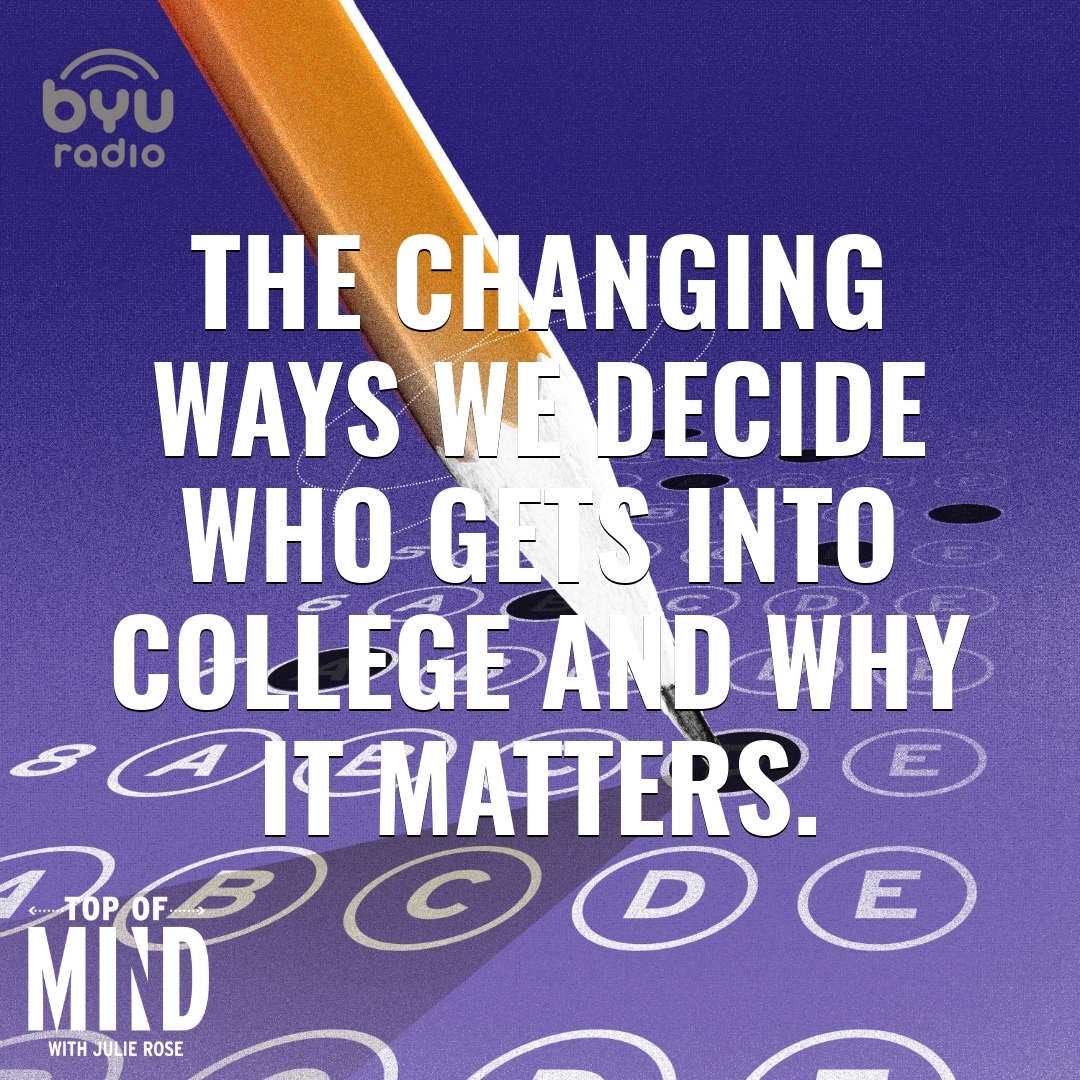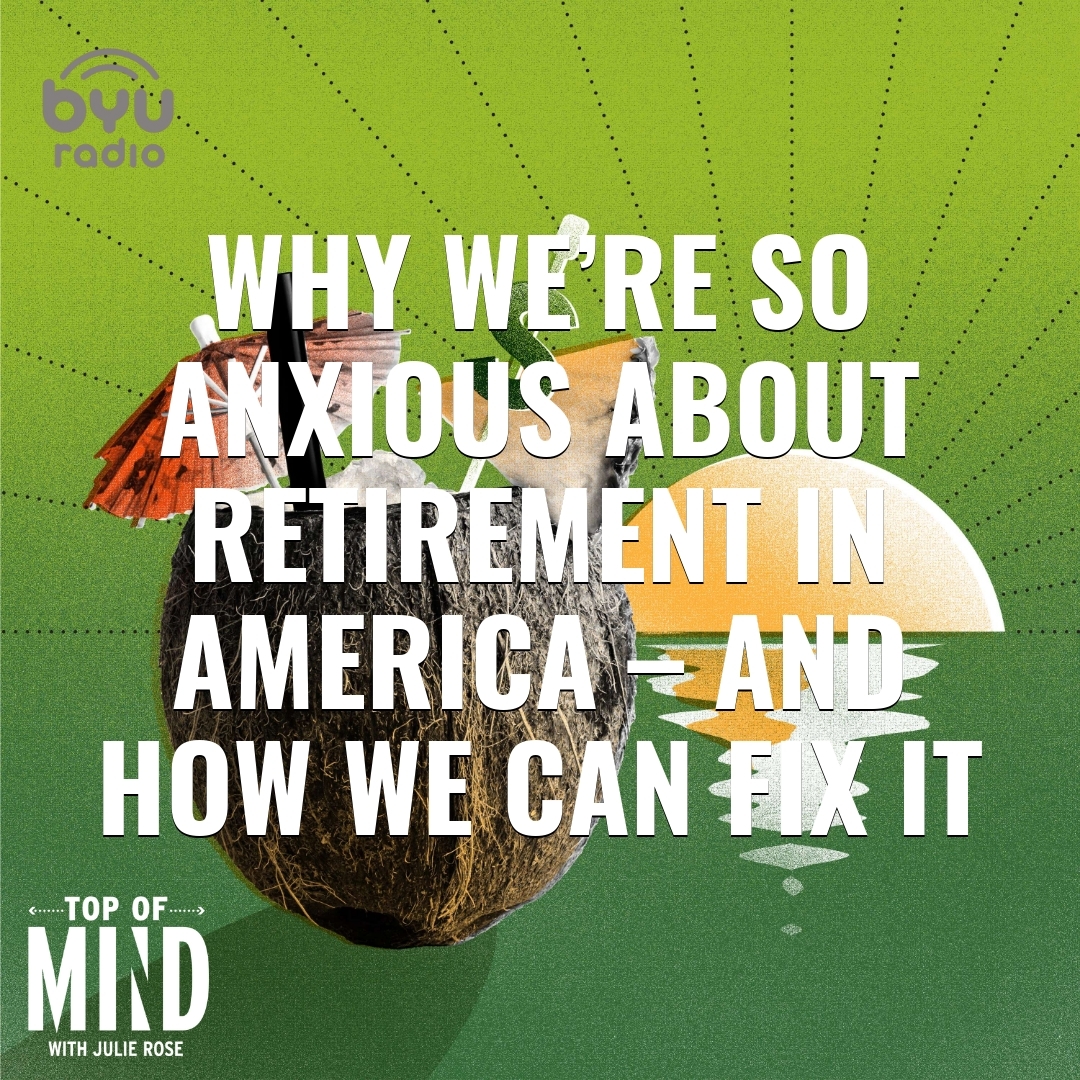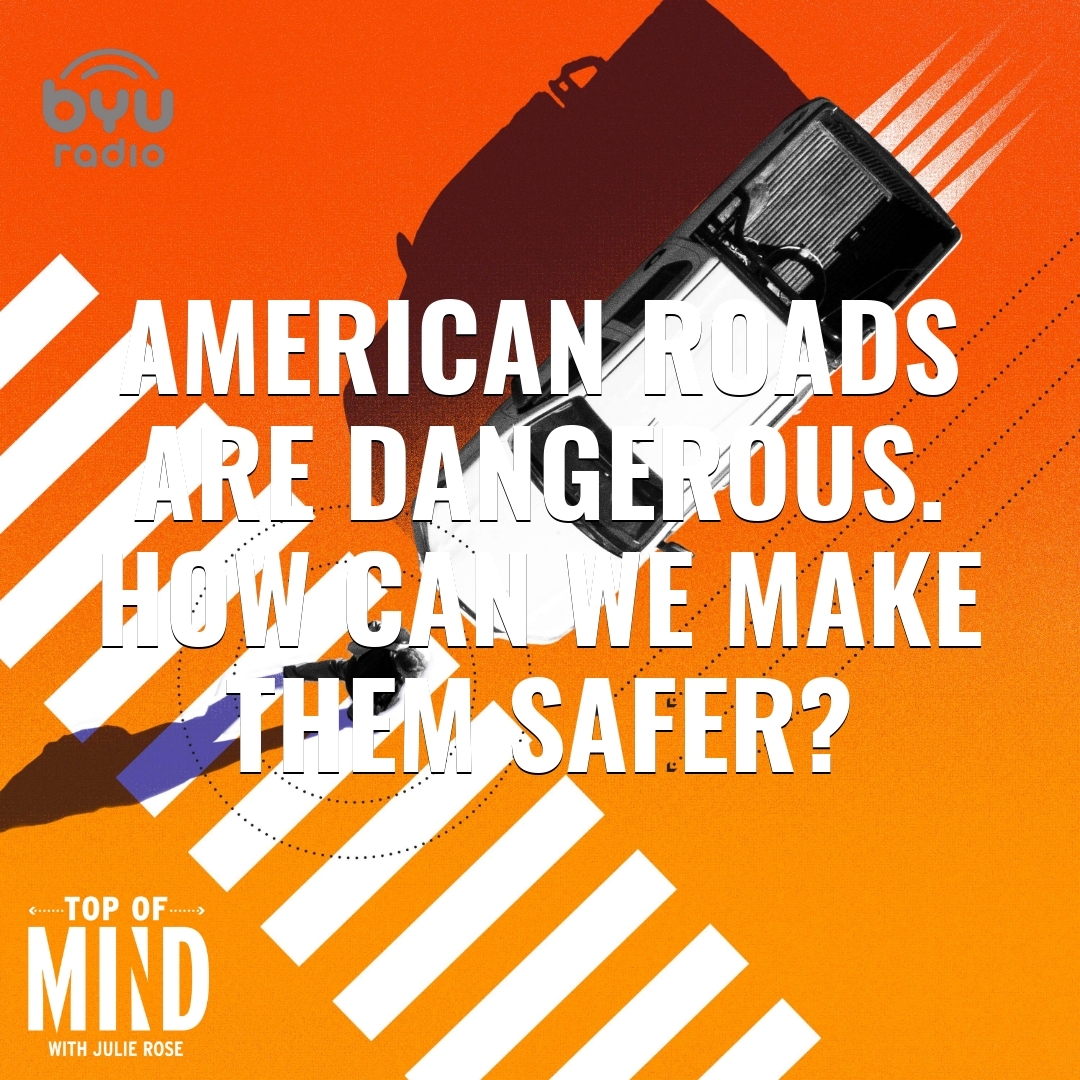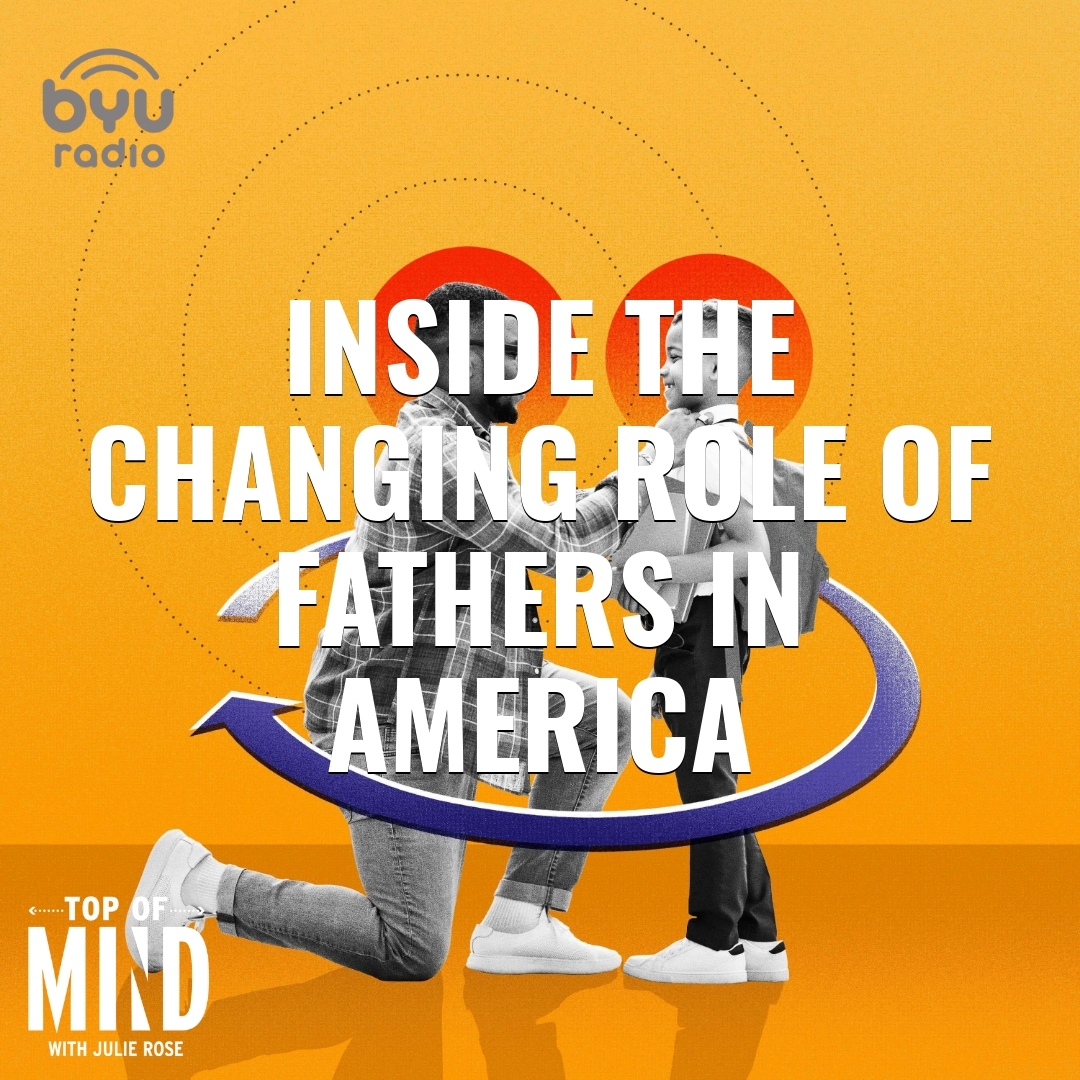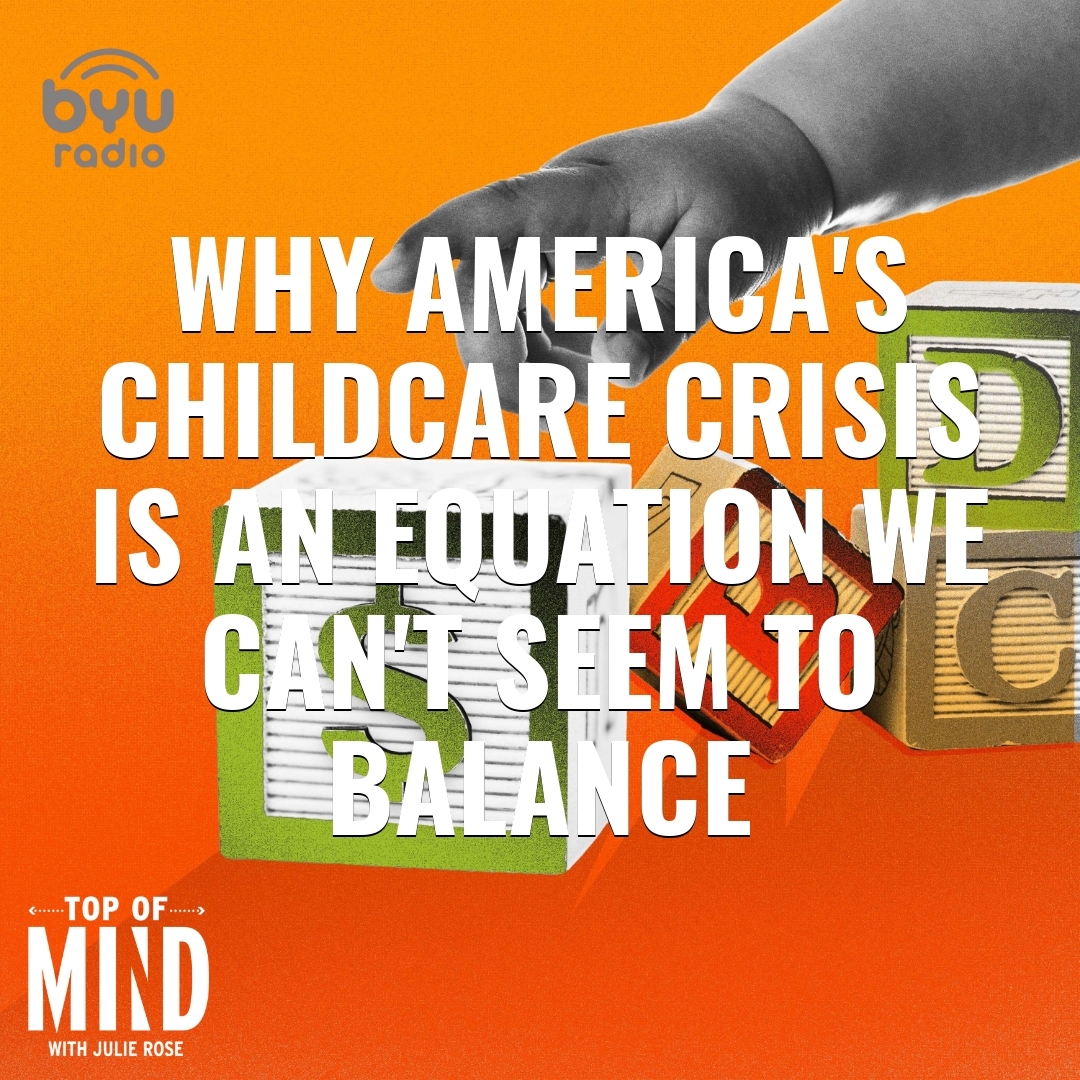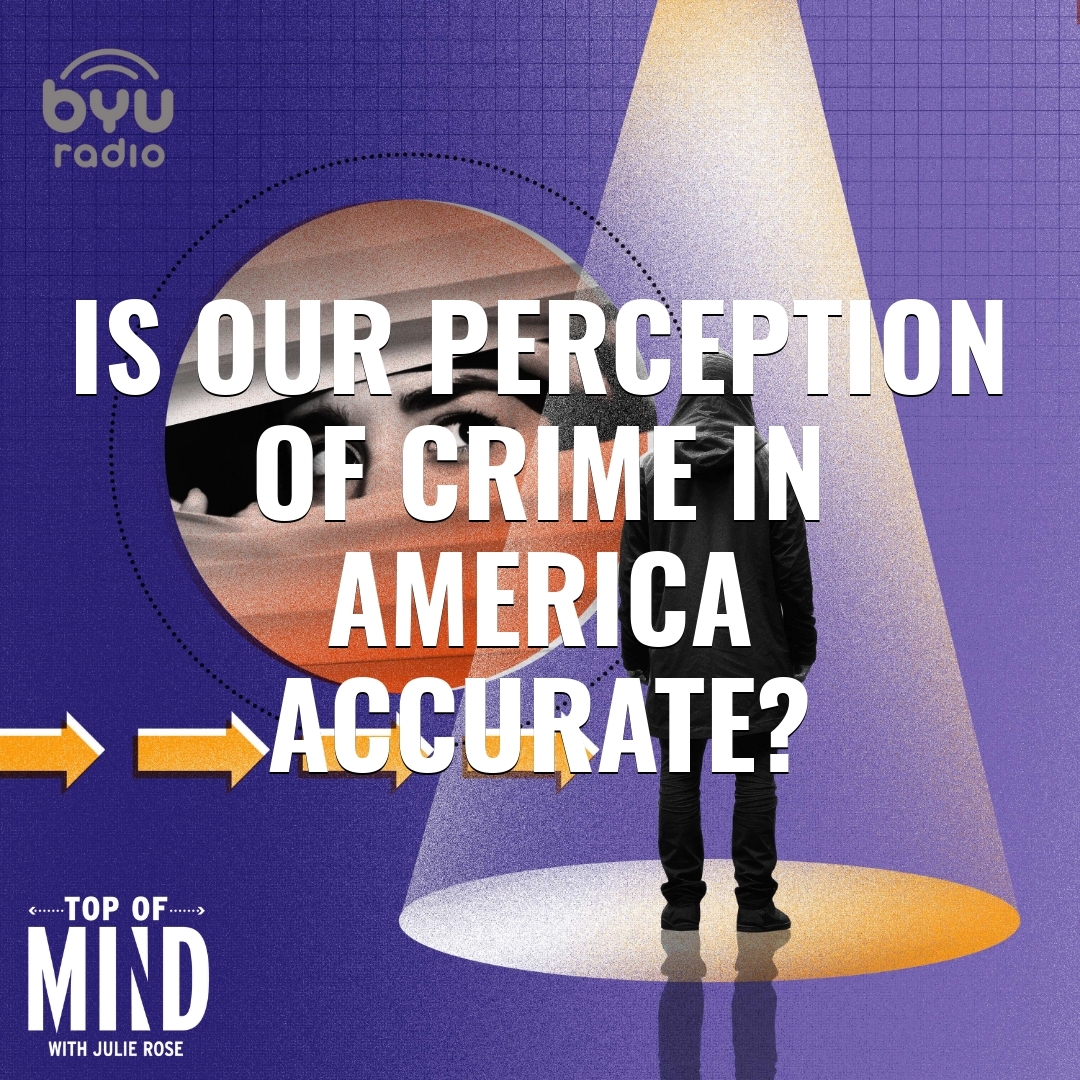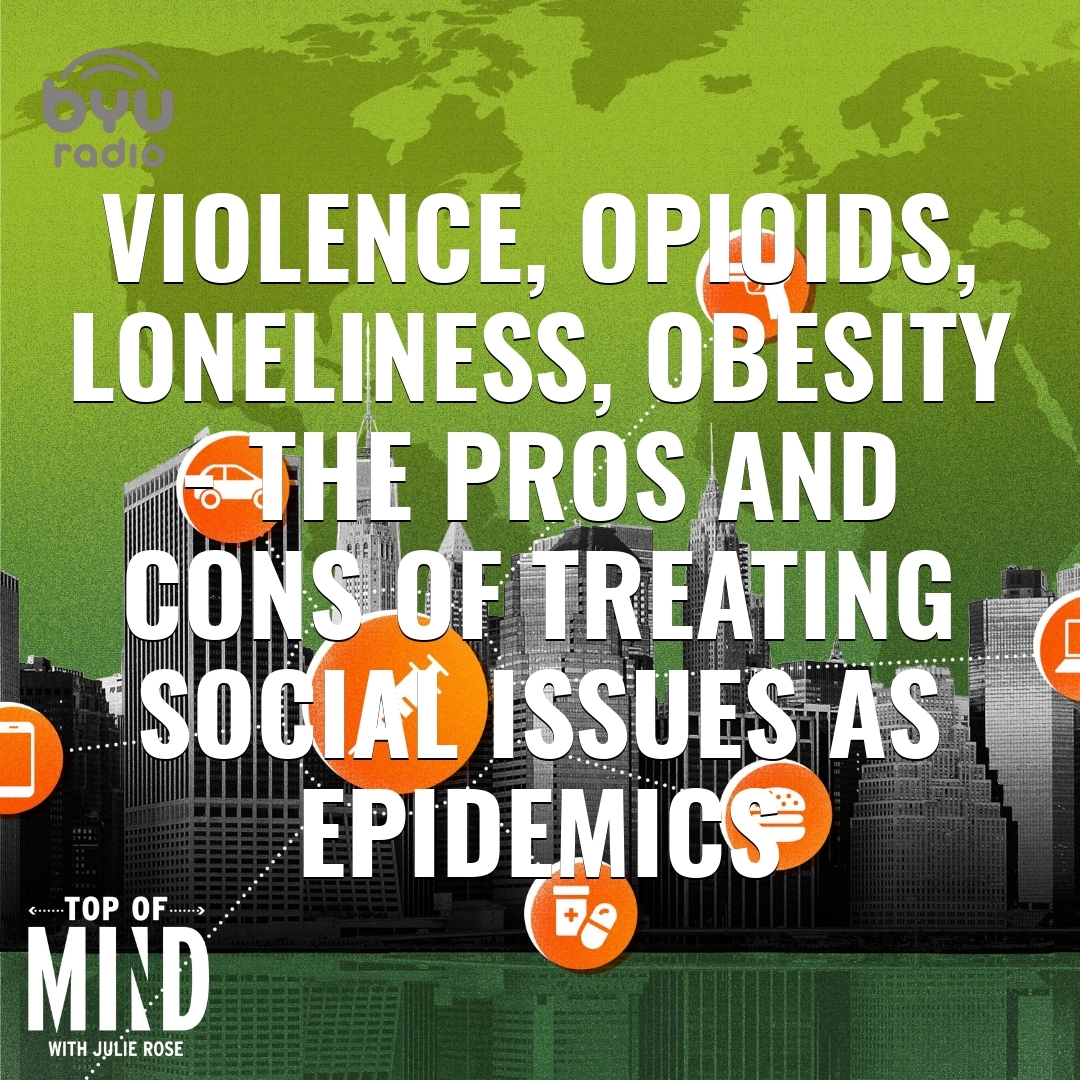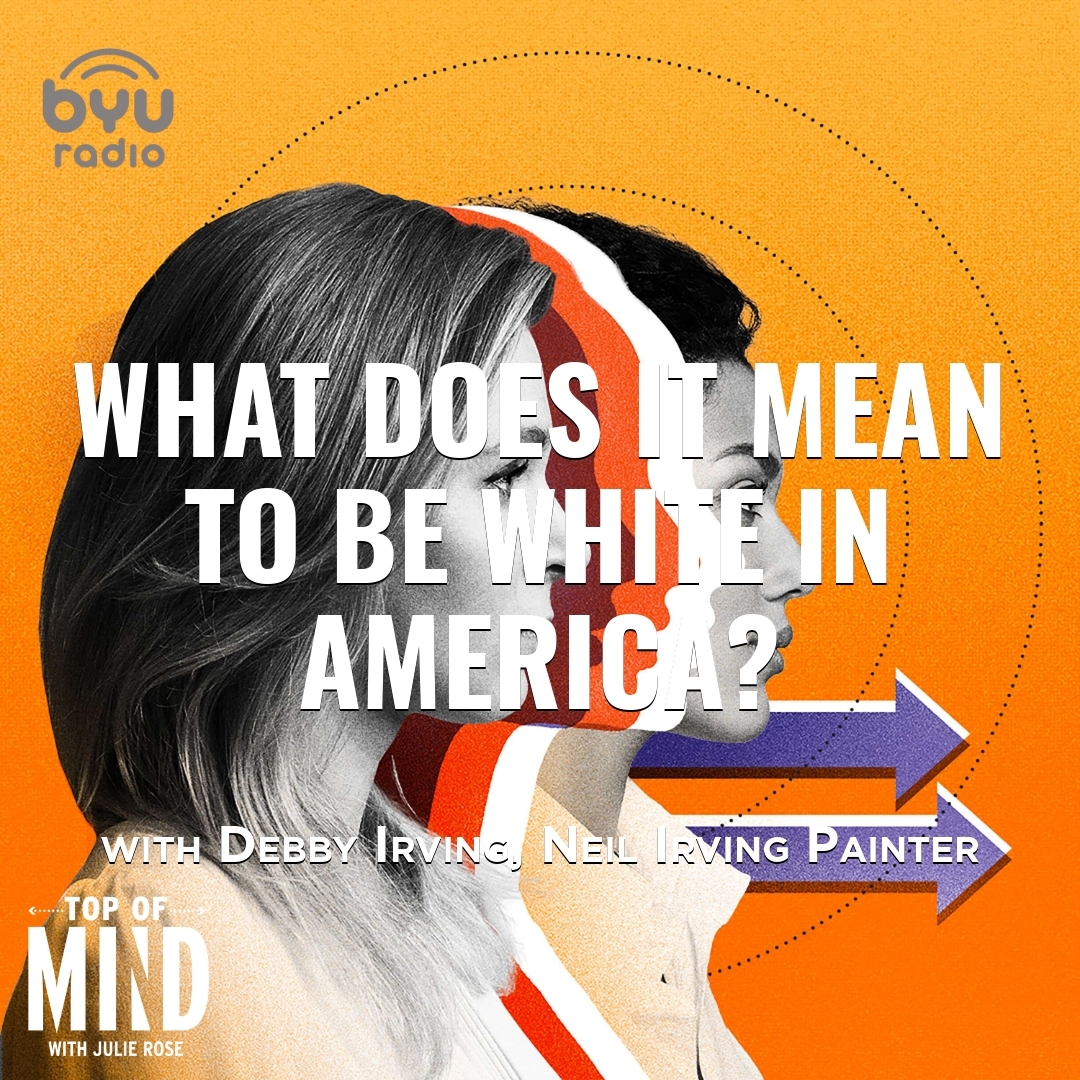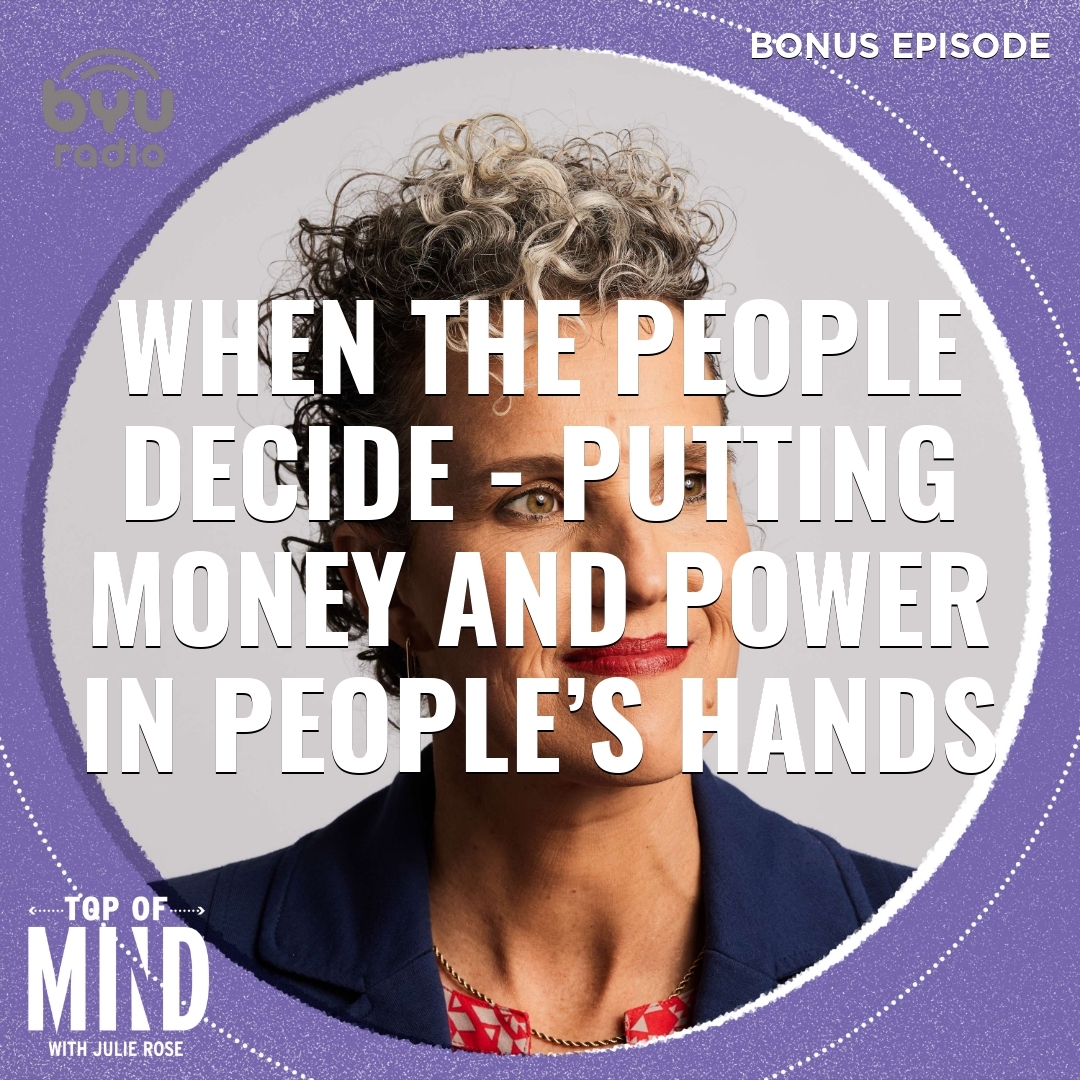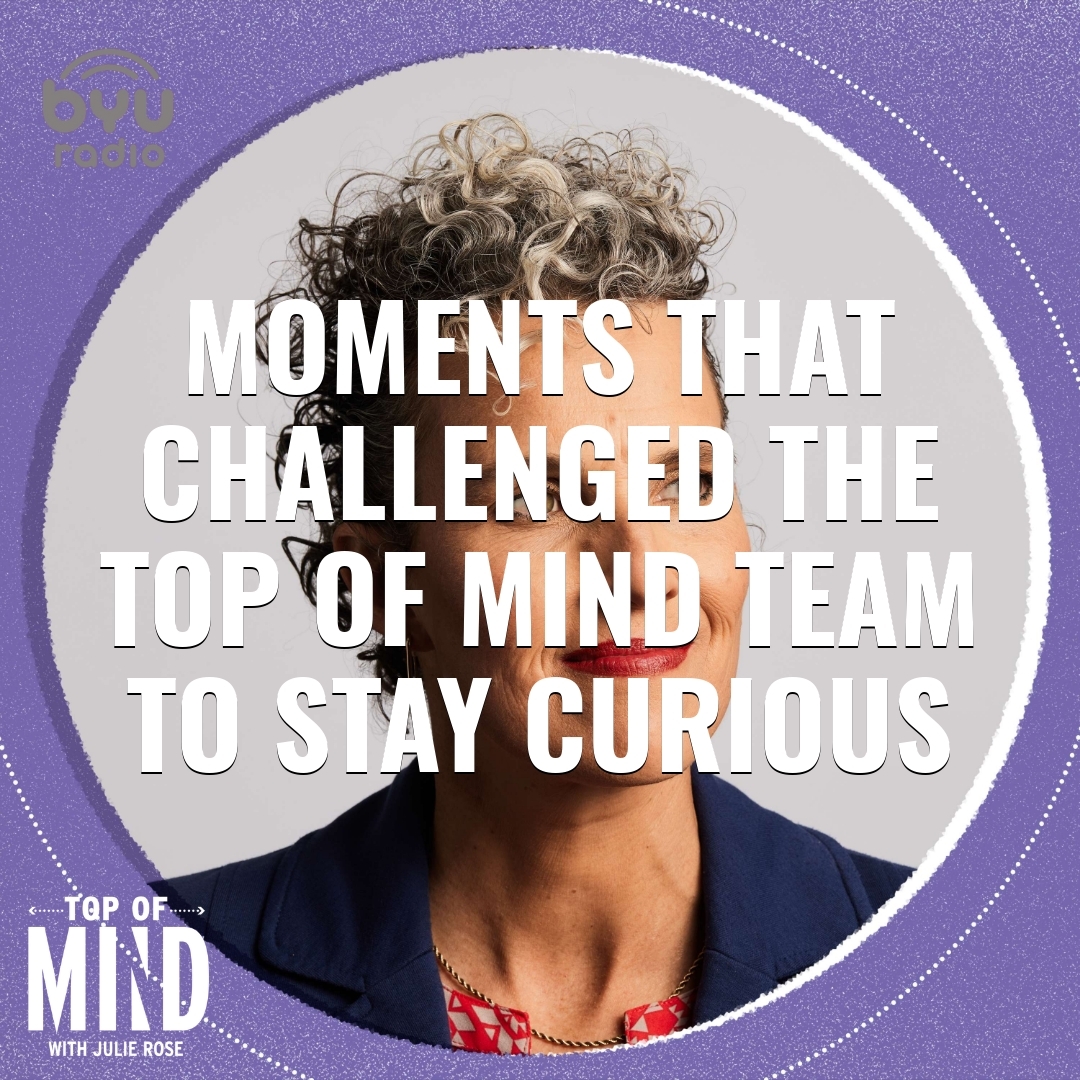Tackling tough topics in a way that will help you feel more empathy and empower you to become a better citizen, kinder neighbor, and more effective advocate. For people who are turned off by the divisive nature of the news, but still want to engage with important issues. Hosted by journalist Julie Rose, Top of Mind is a production of BYUradio.
For a century, the ACT and SAT played a central role in filtering college applicants. Most colleges and universities stopped requiring standardized test scores during the pandemic; that change has turned into a permanent shift across higher education. A lot of people think that's for the better, particularly since the tests have long been shown to disadvantage students of color and those with fewer economic resources.
Most Americans are anxious about when – or even if – they’ll be able to retire. And we’re not wrong. Social Security is on shaky footing. Half of Americans on the cusp of retirement have no money saved for it. This isn’t how retirement in America was supposed to work. But 40 years ago, Congress shifted the US away from employer pensions and toward a do-it-yourself system based on 401K retirement saving plans. It’s not going well. In this episode we get to the bottom of why so many Americans are unable to retire comfortably and end up, instead, living in poverty or working well past age 70. And we’ll learn what we can do on an individual and national level to improve retirement in America.
Compared to other wealthy nations, America has twice as many traffic deaths per capita. And in recent years, pedestrian and cyclist deaths have spiked. Experts say road design plays a big part in this. The most dangerous roads are “suburban arteries” that are often 5 or 6 lanes wide, with long distances between traffic lights where pedestrians can cross.
What does it mean to be a father in 2024? In most U.S. households today, the role of fathers is changing. The “primary breadwinner dad” is increasingly rare, while the "primary caregiver dad” is becoming more common. One-in-five stay at home parents in the US is a father.
More than two-thirds of children under the age of 6 in the U.S. live in a household where all available parents work. But in most communities, there’s a shortage of slots in childcare centers and home-based providers. Because of unreliable childcare, as many as 100,000 Americans are forced to stay home from work at least once a month, according to the U.S. Bureau of Labor Statistics.
Americans have a perplexing perception of crime. One in three Americans report watching, listening, or reading true crime on a weekly basis. But our fixation on crime goes deeper than entertainment. Both Republicans and Democrats consider violent crime an increasing problem. But most of us are safer today than we’ve ever been. Violent crime in America is down 50% since the 1990s. What’s driving the disconnect in our perception of crime? And what consequences does it have for our communities? Where might be a better place to direct our attention?
These days anything that's widespread might be called an "epidemic." Violence, obesity, opioids, even loneliness. But in the public health space, the label "epidemic" carries special significance beyond that - it's a disease that's widespread - and usually contagious, too. How does thinking about social issues as epidemics change the way we approach them? We'll explore the pros and cons with first responders on the front line of each of those epidemics:
What changes if we think of opioid addiction as a disease rather than a crime or character flaw? In what ways is loneliness like a disease - and what's the prescription? Obesity got official epidemic status in America in the '90s. And yet, obesity rates have only increased, so what's to gain by viewing violence as a disease epidemic?
Since 2020 — when George Floyd's murder was seen around the world and protests for racial justice swept the country — many Americans with white skin have begun to think explicitly about race and its consequences. What does it mean to be white in America? What’s it like to be not-white-enough? Or to not have your racial identity reflected on official government forms? How did white become the default against which all other skin colors are measured?
We’re in between episodes this week on Top of Mind. In the meantime, we’ve got a story for you from a podcast we think you’re really going to like. It’s called When the People Decide, a podcast from the McCourtney Institute for Democracy at Penn State. The podcast traces the stories of Americans who are getting their hands dirty doing the hard work of democracy.
In this podcast episode, Julie and the other members of the Top of Mind team reflect on moments from previous episodes that challenged them to stay curious and stick with uncomfortable perspectives instead of dismissing them or putting up defenses. As we put podcast episodes together, we have these “Stick With It” moments all the time – and we hope you do, too, because they’ve led us to new empathy, deeper relationships, and clarity about our own views. One of our producers grapples with the grading system she grew up with. Another reconsiders her thinking on the impact of social media use on teen mental health. We'll also explore a complicated relationship with unions, find empathy in the medication for mental health debate, and reassess the language we use when talking about homelessness.

